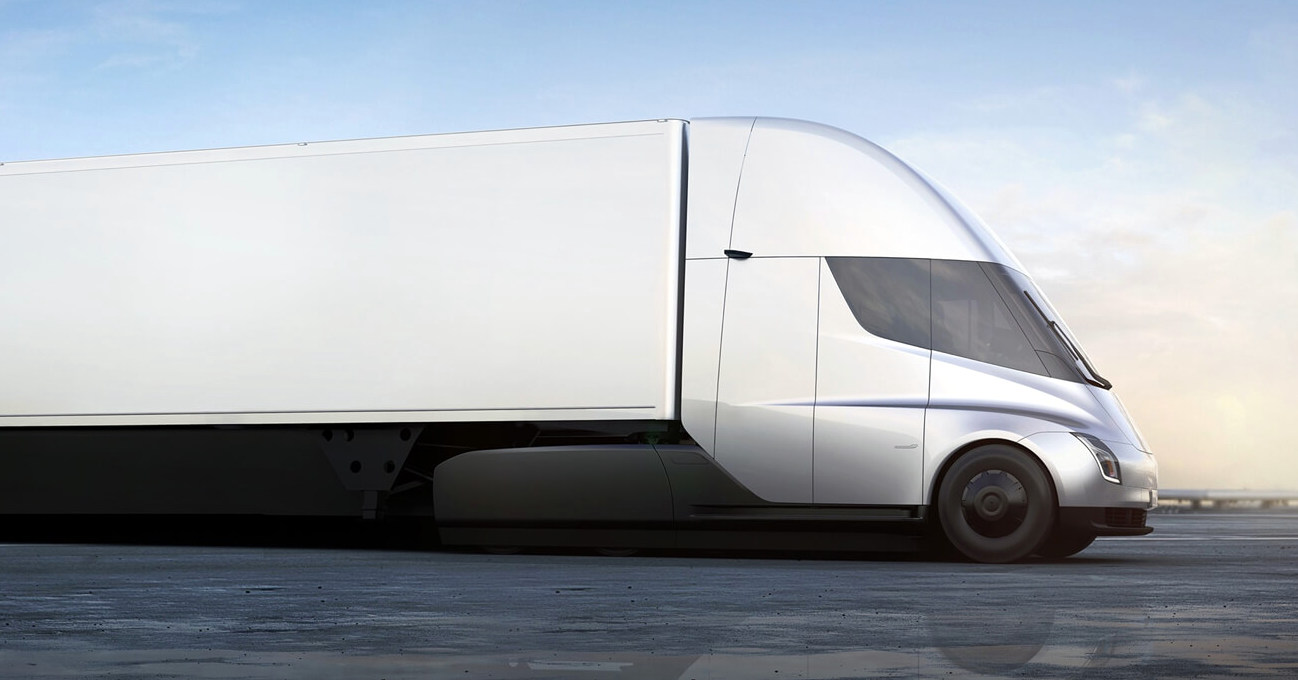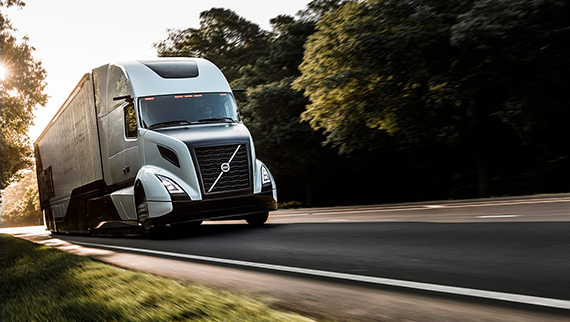NACFE Weighs the Pros/Cons of New Tech
The non-profit North American Council for Freight Efficiency (NACFE) is all about pushing environmentally beneficial, cost-effective efficiencies in the trucking industry, which they back up with deep research and real-world data. After studying the developing battery electric (BE) truck market, they came up with a balanced list that gave plenty of ammunition for both sides of the big rig EV discussion.
Here are their 10 arguments in favor of pursuing electric trucks, focused on the area of weight, technology, cost and charging.

- Battery weight in commercial trucks is not an issue.
- EV technology is proven and here now.
- Maintenance will be less costly.
- BE trucks will last beyond 10 years.
- BE trucks will be competitively priced.
- BE trucks will be less expensive to operate.
- BE trucks will command a premium at resale.
- The grid and market will evolve with BE trucks.
- The market will provide charging solutions (applies to two of counter arguments).
10 on the Other Side
Not surprisingly, in spite of the these definitive statements, the arguments against battery electric heavy-duty trucks are equally strong. NACFE defines them as:

- EV trucks’ battery weight restricts varying capacity
- EV technology is not ready.
- Maintenance costs are unknown and could be high.
- Vehicle life is too short for commercial use.
- Vehicle purchase price is too high for a positive ROI.
- Vehicle operating costs are too great for a positive ROI.
- Vehicle residual value is an unknown.
- Charging infrastructure is not ready.
- Charring infrastructure is no fast enough.
- The electric grid cannot support growth in EVs.
There’s quite a gap between the two sides of the BE truck argument, which reflects the early stage of the industry. NACFE and others are working to gather data that can be used to address these differences of opinion. In the meantime, NACFE and others who have studied the subject suggest proceeding with caution. NACFE;s further advice: “BEVs will not be a solution for every application or market, but commercial BEV’s will have an increasing role in freight transportation in classes 3 through 8.” They predict mixed fleets of diesel, natural gas, hybrid and BEV products, each optimized for specific routes and duty cycles, will be the norm for the freight industry through 2050.
Related Stories You Might Enjoy: The Growing Number of EV Truck Offerings
News: Daimler Shows Off Class 8 Electric Truck
News: Volvo Announces Electric Trucks To Come To NA
News: Daimler Launches Fully Electric Truck
News: Thor Electric Semi To Challenge Tesla’s Battery Truck
News: Mercedes eAcrtos Electric Turkc Begins Customer Testing
News: Tesla Semi & Roadster Surprise
Flash Drive: 2017 Chanje V8070
News: Toyota Tests Fuel Cell Heavy-Duty Truck
News: GM Shows Autonomous Fuel Cell EV Platform`

Hi,
My name is Ken. I wanted to ask do you accept sponsored articles or a link placement in the existing articles on your website? If you do, what are your rates?
Kind regards,
Ken